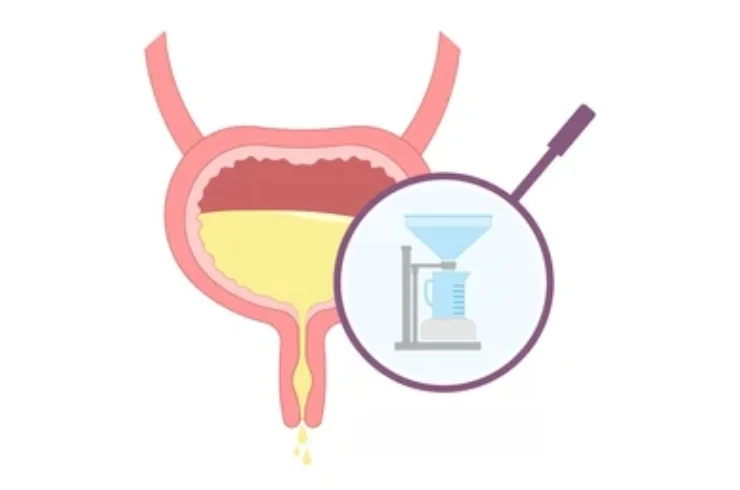
Uroflowmetry is a non-invasive diagnostic test that measures the speed, volume, and pattern of urine flow to evaluate bladder and urethral function. This test is crucial for diagnosing conditions such as urinary tract obstructions, benign prostatic hyperplasia (BPH), neurogenic bladder dysfunction, and other voiding disorders. By analyzing the rate at which urine is expelled, uroflowmetry helps doctors detect abnormalities that may indicate prostate enlargement, urinary incontinence, or weakened bladder muscles. The test is simple, painless, and provides immediate results, making it an essential tool for urologists in developing targeted treatment plans.
Uroflowmetry offers valuable insights into urinary health by providing objective data on the efficiency of bladder emptying. It is often combined with other urodynamic studies to assess the underlying cause of urinary difficulties, ensuring a comprehensive evaluation. The procedure requires patients to urinate into a specialized flowmeter that records the urine stream in real-time, producing a detailed flow curve for analysis. By identifying irregularities in urine flow, this test aids in the early detection of urinary dysfunction, allowing for timely medical or surgical intervention. With its accuracy and ease of use, uroflowmetry plays a vital role in improving urinary tract health and enhancing the overall quality of life.